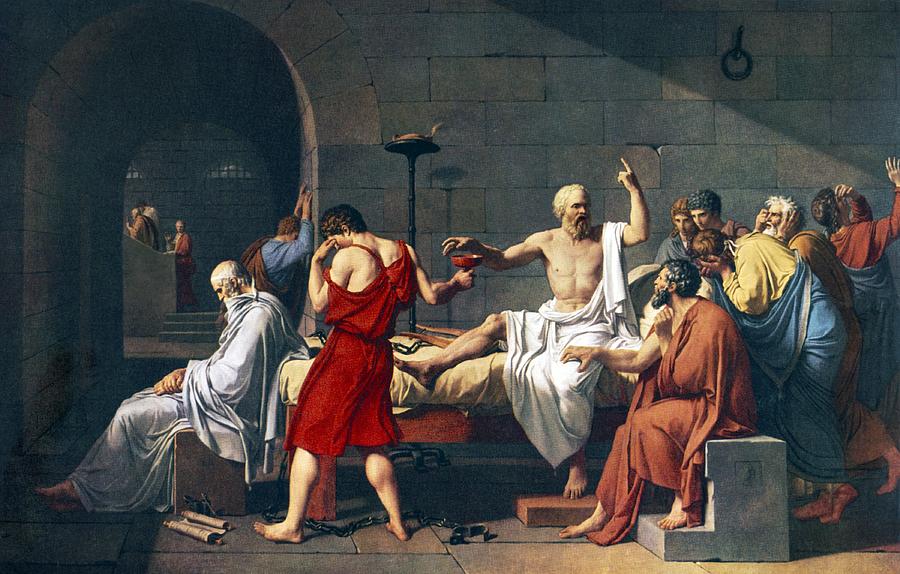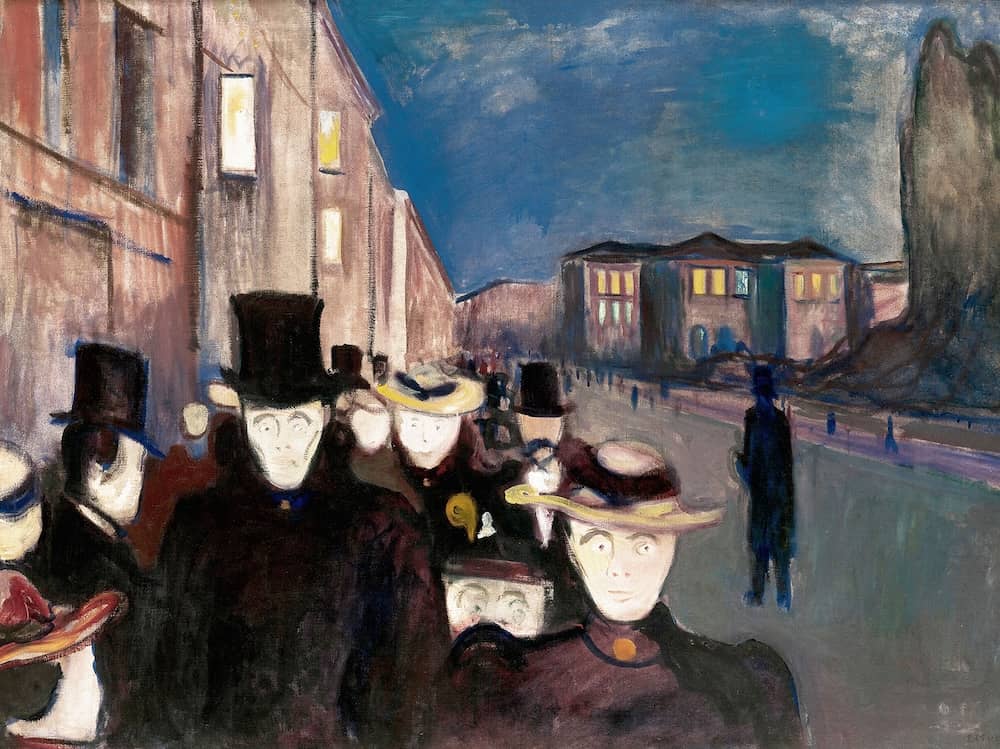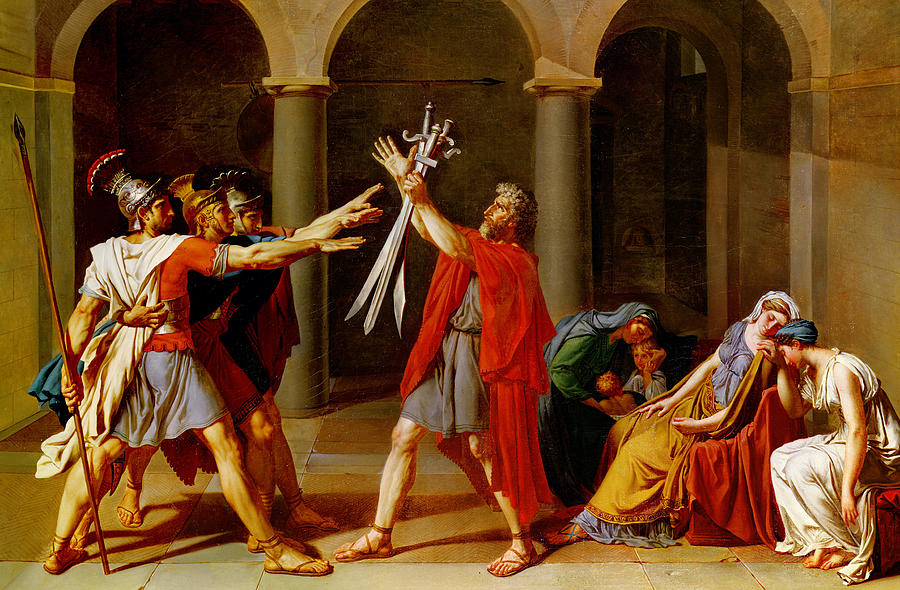Emperor Julian gets unlimited power, has one goal: Kill Christianity and restore the old gods.
20 months later, he is dead.
His legacy?
One dead goose, several humiliations, and a nickname that stuck:
“Julian the Apostate.”
His lessons on how (not) to revive a religion:
🧵
20 months later, he is dead.
His legacy?
One dead goose, several humiliations, and a nickname that stuck:
“Julian the Apostate.”
His lessons on how (not) to revive a religion:
🧵

Context: 4th c. AD.
The old ways are dying.
The traditional paganism of Rome and Greece of Homer, Plato, Caesar, Aurelius – is losing its edge.
Despite decades of persecution – thousands of martyrs burned, crucified, and fed to lions — Christianity is booming.
The old ways are dying.
The traditional paganism of Rome and Greece of Homer, Plato, Caesar, Aurelius – is losing its edge.
Despite decades of persecution – thousands of martyrs burned, crucified, and fed to lions — Christianity is booming.

In 313AD, Julian’s uncle Constantine shocks the Empire: He legalizes Christianity, then becomes Christian himself.
Over the next 40 years, Christianity goes from an outlawed cult to Rome’s de facto official religion.
But the old ways endure.
Not everyone bows to the new god.
Over the next 40 years, Christianity goes from an outlawed cult to Rome’s de facto official religion.
But the old ways endure.
Not everyone bows to the new god.

Young Julian’s family is slaughtered by his Christian cousin Constantius.
A Sensitive Young Man, his education in Homer & Thucydides forges noble spirit, steeped in tradition.
By the time he becomes Emperor in 361, he sees Christianity as a “disease.”
But he has the cure...
A Sensitive Young Man, his education in Homer & Thucydides forges noble spirit, steeped in tradition.
By the time he becomes Emperor in 361, he sees Christianity as a “disease.”
But he has the cure...
Julian’s first edict seems "nice guy": religious toleration for all.
BUT...
Christianity is riven with rival factions.
By welcoming banished sects, he is using an old Spartan trick: restore exiles, let your enemies destroy each other.
Meanwhile, he eyes his next target.
BUT...
Christianity is riven with rival factions.
By welcoming banished sects, he is using an old Spartan trick: restore exiles, let your enemies destroy each other.
Meanwhile, he eyes his next target.

The Empire's elite are schooled on Pagan classics.
Yet often, their teachers are Christian.
Julian’s solution? Christians may study the Classics, but they can’t teach.
"Isn't it immoral to teach about gods you don’t believe in?"
His real aim: Control who shapes young minds.
Yet often, their teachers are Christian.
Julian’s solution? Christians may study the Classics, but they can’t teach.
"Isn't it immoral to teach about gods you don’t believe in?"
His real aim: Control who shapes young minds.
Julian's strategies show early promise.
At Troy – where ancient heroes once walked – he meets a Christian bishop who still reveres the old idols.
If even bishops miss Rome's pagan glory, maybe revival is possible after all?
Alas, Julian's next decisions herald catastrophe.
At Troy – where ancient heroes once walked – he meets a Christian bishop who still reveres the old idols.
If even bishops miss Rome's pagan glory, maybe revival is possible after all?
Alas, Julian's next decisions herald catastrophe.

Error #1: Play to your enemy’s strengths.
Paganism is dispersed and decentralized. Christianity is centralized.
Julian: "We can do that!"
He appoints a high priest of Asia to oversee all temples and local priests. (A bishop?)
It's not so clear what he's supposed to do...
Paganism is dispersed and decentralized. Christianity is centralized.
Julian: "We can do that!"
He appoints a high priest of Asia to oversee all temples and local priests. (A bishop?)
It's not so clear what he's supposed to do...
Error #2: Be boring
Julian is… dull. He sports an unfashionable beard. He sleeps on straw.
Even worse, he imposes his austerity on Pagan priests:
-No circus races
-No flute girls
-No racy romance reading
Paganism was supposed to be fun! Now, it’s a chore.
Julian is… dull. He sports an unfashionable beard. He sleeps on straw.
Even worse, he imposes his austerity on Pagan priests:
-No circus races
-No flute girls
-No racy romance reading
Paganism was supposed to be fun! Now, it’s a chore.

Error #3: Hubris
The Jewish Temple lay in ruins since 70AD. Christ prophesied it would never rise again.
Julian sees: Jews like sacrifices! "share common enemy!"
Tries to rebuild The Temple.
Fires. Earthquakes. Failure. Humiliation.
The plan is aborted, the prophecy holds.
The Jewish Temple lay in ruins since 70AD. Christ prophesied it would never rise again.
Julian sees: Jews like sacrifices! "share common enemy!"
Tries to rebuild The Temple.
Fires. Earthquakes. Failure. Humiliation.
The plan is aborted, the prophecy holds.

Error #4: Be boring (again)
Antioch is promising. The old ways still hold!
But Julian refuses to be popular. He shuns the chariot races, criticizes the theater, lectures about morality.
He is mocked, derided, roasted.
Unconquered soul, he makes one more try...
Antioch is promising. The old ways still hold!
But Julian refuses to be popular. He shuns the chariot races, criticizes the theater, lectures about morality.
He is mocked, derided, roasted.
Unconquered soul, he makes one more try...
Error #5: Believe the hype
Julian calls for a grand sacrifice.
He expects herds of bulls, flocks of sheep. Pagan glory restored.
Instead, his priest arrives with… a single goose from his house.
Are the old ways are truly dead?
Or could Julian perhaps change strategy?
Julian calls for a grand sacrifice.
He expects herds of bulls, flocks of sheep. Pagan glory restored.
Instead, his priest arrives with… a single goose from his house.
Are the old ways are truly dead?
Or could Julian perhaps change strategy?

Alas...
Error #6: Die
Julian campaigns in Persia: the graveyard of Roman ambition.
Julian, in a rush... forgets to put on his breastplate.
A spear to the liver does the rest.
No time to pivot, to learn from mistakes.
Rome will never again have a Pagan Emperor.
Error #6: Die
Julian campaigns in Persia: the graveyard of Roman ambition.
Julian, in a rush... forgets to put on his breastplate.
A spear to the liver does the rest.
No time to pivot, to learn from mistakes.
Rome will never again have a Pagan Emperor.

How to (actually) start a religious revival:
1. Survive! Cultural change is slow
2. Pick targets wisely
3. You can’t beat your foe by becoming them
4. Avoid legislating morality.
5. If you only appeal to elites, you lose
6. To control what people think, control who teaches them
1. Survive! Cultural change is slow
2. Pick targets wisely
3. You can’t beat your foe by becoming them
4. Avoid legislating morality.
5. If you only appeal to elites, you lose
6. To control what people think, control who teaches them
For a deeper look at Julian, see the convo I had w/ @AuronMacintyre on his show
Follow me and listen to the Cost of Glory podcast for more insights and stories fro history's greatest.
Follow me and listen to the Cost of Glory podcast for more insights and stories fro history's greatest.

• • •
Missing some Tweet in this thread? You can try to
force a refresh





















